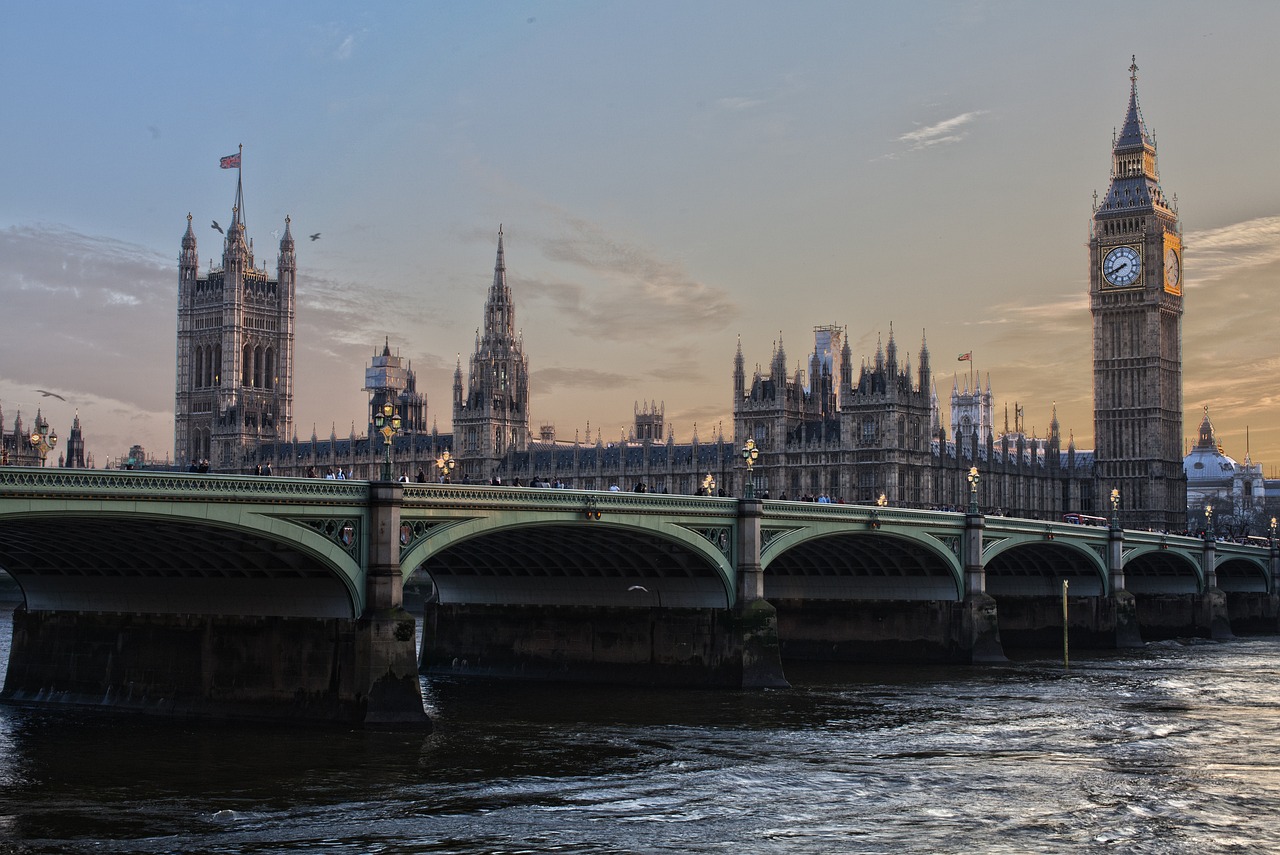Witnessing Britain’s shift to cleaner energy is best exemplified by a cutting-edge industrial complex located on the Humber estuary outside Hull, a city with a rich maritime history.
On a sunny morning in July, the bustling factory showcased workers diligently preparing molds for fiberglass wind turbine blades that surpass the length of football fields. Outside, on the docks, robust six-wheeled vehicles carefully maneuvered a 50 metric ton blade for loading onto a ship destined for Scotland for installation.
Operated by Siemens Gamesa, a subsidiary of the renowned German company Siemens Energy, the factory commenced production of these colossal blades in 2016 and has since expanded to accommodate even larger models.
This factory stands as a prime example of how the new British government, led by Prime Minister Keir Starmer whose Labour Party secured a resounding election victory recently, aims to utilize investments in clean energy to invigorate stagnant economic growth.
Andy Sykes, the factory manager, revealed that a staggering £500 million (approximately $630 million) had already been injected into the plant, which now employs 1,300 individuals in an area plagued by economic hardship for many years. Plans for another expansion phase are currently in progress.
Not only does the factory serve as a beacon for green initiatives in the region, one of Britain’s key industrial hubs dominated by oil refineries and other polluting industries, but it also signifies a significant step towards a more sustainable future.


















